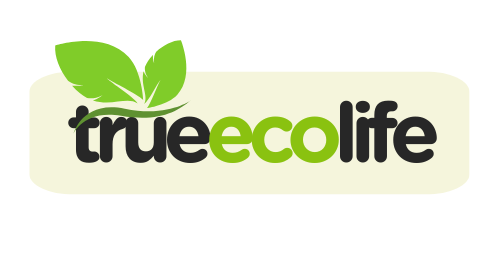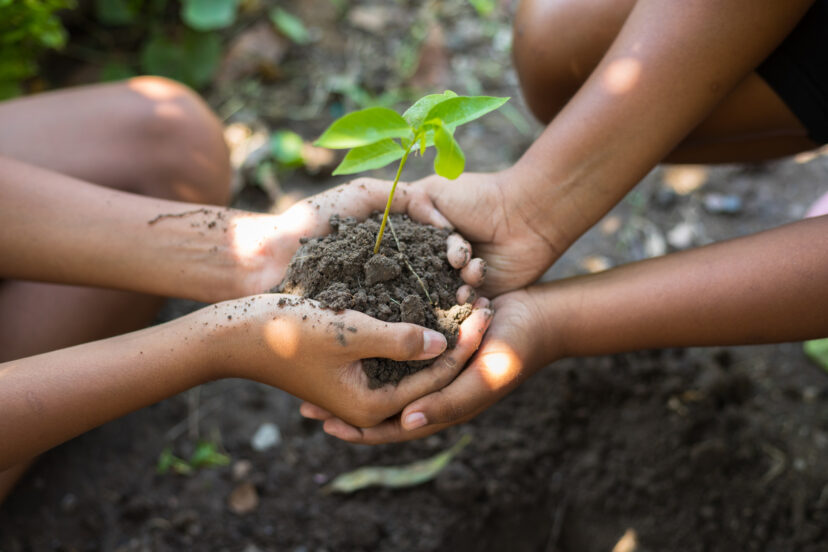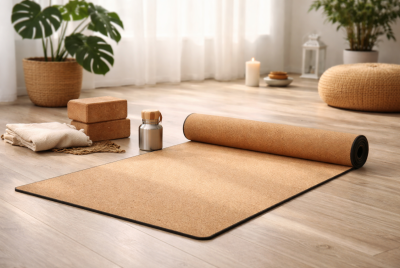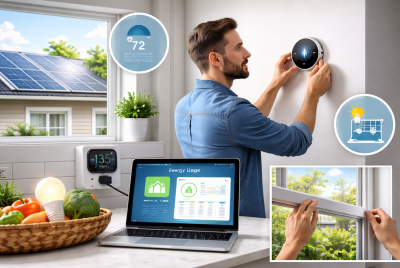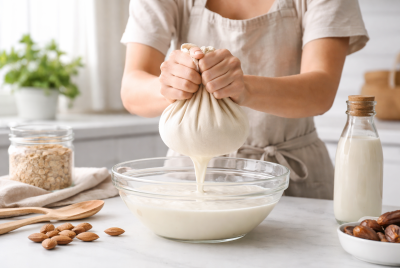Terra Futura Gardening: SustainableTips and Eco Living Hacks
We may earn a commission for purchases made using our links. Please see our disclosure to learn more.
Gardening has always been a way to connect with nature, but it’s evolved into something greater than that. It’s about designing a space that promotes the environment alongside offering healthy meals and visual appeal. Terra Futura gardening is a way of eco living that combines innovation and sustainability to make sure we leave the earth in a better state than when we found it. You can contribute to a greener future whether if you only have a few pots on your balcony or a large backyard.
What Is Terra Futura Gardening?
Terra Futura gardening is growing with a purpose; it’s not your typical gardening but it’s rather, eco living. Creating a self-sufficient space that supports plants and the surrounding ecology is the goal. Imagine having a garden that grows organically, needs little care, and gives you plenty of food, clean air, and tranquility. That’s both a blessing and a dream for gardeners! You’re not just gardening; you’re influencing the future by making conscientious decisions like saving resources and employing organic practices. How’s that for a newly found purpose?
Why Is Sustainable Gardening Important?
Our world is rapidly changing, and sadly, maybe not in a good way. Traditional gardening techniques can cause more harm than benefit because of their extensive use of chemicals and water waste. Sustainable gardening and eco living make sure that we coexist peacefully with nature rather than depleting it. Consider it like a tiny ripple in a pond: even minor adjustments to your garden can have a significant environmental impact.
How to Start Your Terra Futura Garden
It doesn’t have to be so hard to start a sustainable garden. Start by paying attention to the space you have available. Do you have a patio? A yard? How about a windowsill? If so, then that’s more than enough to get started! Choose native plants that require little work to flourish in your climate. Install a basic rainwater collection system and begin with a modest number of plants before growing. A sustainable garden kicks off with one step, just like any great trip, so just get started!
Composting: Nature’s Recycling System
Did you realize that your garden might be fed by the food scraps you toss out? One of the simplest and most efficient methods to reduce waste and improve soil quality is composting. Over time, vegetable scraps, coffee grinds, and banana peels turn into nutrient-rich soil—it’s like magic. Composting allows you to give back to your plants in the most natural way possible while also lowering landfill waste.
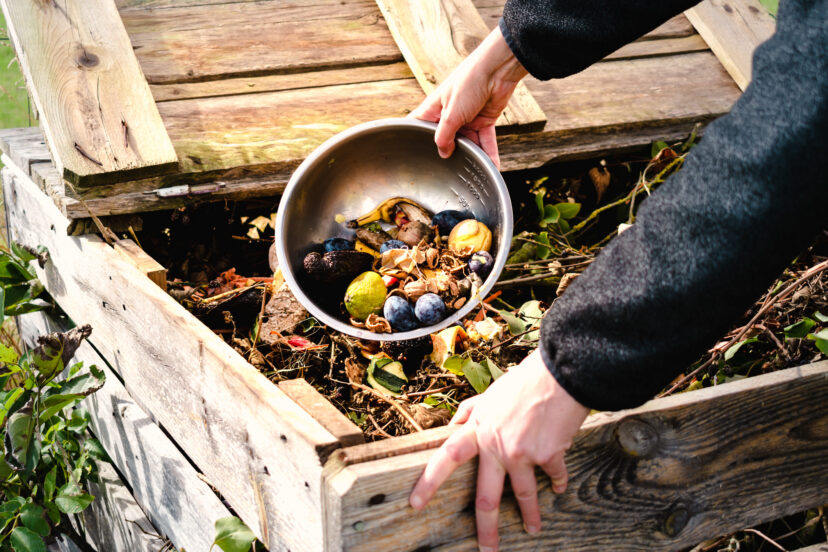
Water-Wise Gardening: Conserving Every Drop
The way we use water in our gardens plays a role since it’s a valuable resource. Let’s make every drop matter rather than letting the water run off and evaporate. While watering early in the morning guarantees that plants receive the water they require before the heat sets in, mulching around plants helps preserve moisture. You may save money and resources by using a basic rain bucket to collect free water for your plants.
No-Dig Gardening: A Healthier Approach
Have you ever noticed how nature takes care of itself without constant digging and disruption? The no-dig method works the same way by leaving the soil structure intact, allowing beneficial microbes to do their job. Instead of tilling, simply layer compost and mulch on top of the soil, and let nature work its magic. This method not only improves soil fertility but also helps keep weeds at bay—less work for you, more benefits for your garden.
Companion Planting: Nature’s Pest Control
Sometimes, the best defense against garden pests isn’t a spray—it’s another plant. Companion planting is a centuries-old technique where plants support each other by deterring pests or enhancing growth. Basil next to tomatoes improves flavor while keeping insects away, and marigolds can ward off unwanted bugs. It’s like having a natural security system in your garden, working around the clock to keep things in balance.
Urban Gardening: Growing in Small Spaces
Don’t have a big backyard? No worries! Terra Futura Gardening works just as well in small spaces. You can grow herbs in a sunny kitchen window, create a vertical garden on your balcony, or use hydroponics to grow food without soil. With a little creativity, even the smallest spaces can become lush, green havens that provide fresh, homegrown produce year-round.
Home gardens are vital for promoting sustainability because they improve food security, sustain biodiversity, and slow down climate change. Home gardening, according to research, supports sustainable development by generating jobs and supplying fresh, high-quality produce. Furthermore, enhancing carbon storage and lowering carbon emissions are two benefits of sustainable gardening techniques including boosting soil health and using a variety of native plants. These sustainable gardening practices support gardeners in preserving resilient and fruitful green areas while adjusting to climate change.
Organic Pest Control: Say Goodbye to Chemicals
Nobody likes dealing with garden pests, but chemical pesticides often do more harm than good. Thankfully, nature has its own solutions! Neem oil, for example, is a natural pesticide that keeps insects away without harming beneficial bugs. Introducing ladybugs and planting strong-scented herbs like rosemary can also deter pests. By working with nature instead of against it, you can protect your garden without putting harmful toxins into the environment.
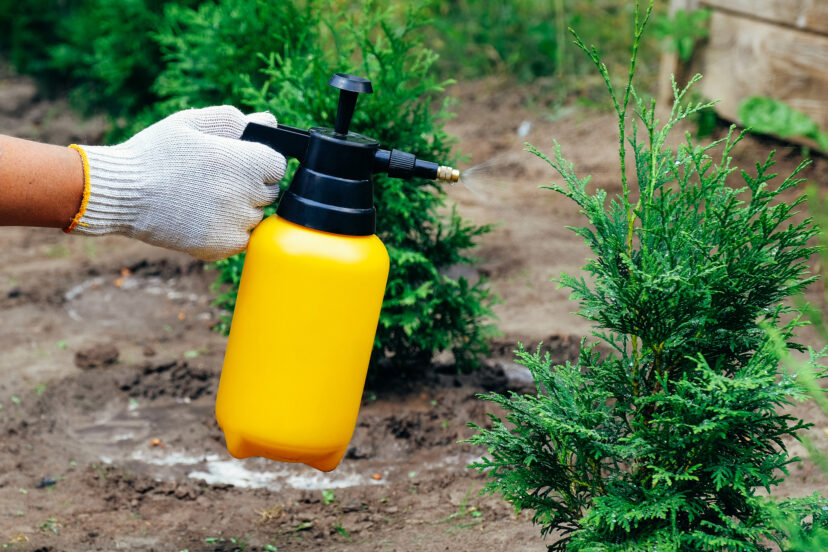
Permaculture: A Garden That Sustains Itself
Permaculture is all about designing a garden that works with nature, not against it. Instead of fighting weeds and pests, you create an ecosystem where everything has a purpose. By planting a mix of crops, using organic mulch, and collecting rainwater, your garden starts to take care of itself. Over time, you’ll find that nature does most of the work, leaving you with a thriving and self-sustaining garden.
Eco-Friendly Garden Tools and Practices
Sustainability isn’t just about what you grow; it’s also about what you use. Choose high-quality hand tools over electric ones to reduce energy consumption. Swap out plastic pots for biodegradable ones made from coconut coir or recycled materials. Repurposing old containers, buckets, or even broken ceramics can add charm to your garden while reducing waste. Every little choice adds up, making your gardening practice as eco-friendly as possible. Check out this article on how to minimize e-waste for a more eco-friendly lifestyle.
Recommended Products for Terra Futura Gardening
To help you get started with sustainable gardening, here are some eco-friendly products that can make your gardening experience more efficient and environmentally conscious.
1. Composting Needs
- Compost Bin – A solid, air-ventilated container for creating nutrient-rich compost from kitchen waste.
- Worm Composter – Perfect for small spaces, using worms to break down organic waste.
2. Water Conservation Tools
- Rain Barrel – Collects and stores rainwater for garden use.
- Drip Irrigation Kit – Efficient watering system that minimizes waste.
3. Organic Pest Control
- Neem Oil Spray – A natural insect repellent that’s safe for plants and pollinators.
- Peppermint Oil Spray – An eco-friendly pest repellent that helps keep insects away while leaving a fresh scent.
4. Soil Enrichment & Natural Fertilizers
- Organic Compost & Soil Conditioner – Boosts soil health and fertility.
- Seaweed Fertilizer – Packed with nutrients for stronger plant growth.
Using these products, you can create a thriving, sustainable garden that aligns with Terra Futura Gardening principles. Whether you’re just getting started or looking to enhance your eco-friendly garden, these tools will support your journey towards a greener future.
The Role of Bees and Butterflies in Your Garden
Pollinators are nature’s gardeners, working tirelessly to keep our plants thriving. Bees, butterflies, and even hummingbirds help plants produce fruits and vegetables. To attract them, plant nectar-rich flowers like lavender, sunflowers, and coneflowers. Avoid chemical sprays that could harm them and consider leaving a small water dish with pebbles to give them a safe place to rest and drink.
Harvesting Rainwater: A Smart Choice
Why let rainwater go to waste when your garden could use it? Installing a rain barrel under your gutters can provide free, chemical-free water for your plants. This simple step reduces water bills and ensures you have a sustainable water source during dry spells. Plus, plants love rainwater—it’s soft, natural, and free of the chemicals found in tap water.
Upcycling in Gardening: Creative, Sustainable Solutions
Gardening doesn’t have to be expensive—sometimes the best tools are things you already have. Turn old wooden pallets into vertical gardens, repurpose plastic bottles as seed starters, or use broken pots for drainage in larger containers. By giving everyday items a second life, you not only save money but also reduce waste in a fun and creative way.
Seasonal Planting: Grow What Thrives Naturally
Every season has its ideal crops, and planting with the seasons ensures success. Instead of forcing plants to grow out of their natural cycle, work with the rhythm of nature. In spring, plant leafy greens and peas; summer is perfect for tomatoes and peppers. Come fall, root vegetables thrive, and winter is great for hearty greens like kale. Following the seasons keeps your garden productive and your plants happy.
Eco-Living Beyond the Garden: Sustainable Home Hacks
Eco living don’t stop at the garden—it extends into your home as well. Switching to solar power, using energy-efficient appliances, and cutting back on single-use plastics make a big difference. Even simple changes like composting kitchen scraps or line-drying clothes instead of using a dryer contribute to a greener life. When gardening and daily habits align, you create a truly sustainable way of living.
The Future of Sustainable Gardening
Gardening is evolving, and the future looks greener than ever, thanks to eco living. With smart irrigation systems, biodegradable plant pots, and AI-powered plant care, technology is making sustainable gardening easier. But no matter how advanced things get, the basics remain the same—healthy soil, thoughtful planting, and respect for nature. The choices we make today will shape the gardens of tomorrow.
Final Thoughts
Sustainable gardening isn’t just good for the planet—it’s rewarding for you, too. It brings peace, fulfillment, and a sense of purpose while providing fresh food and a greener world. Whether you start with a single potted plant or a full garden, every step toward eco living makes a difference. So, what are you waiting for? Let’s grow a better future, one plant at a time.
FAQs
- Can I start a sustainable garden if I don’t have a backyard?
Yes! Use vertical gardens, container plants, and even windowsill herbs to create your own green space. - What’s the easiest way to conserve water in my garden?
Mulching, watering in the early morning, and using rain barrels can help save water. - How can I control pests naturally?
Try companion planting, neem oil, and encouraging beneficial insects like ladybugs. - Is composting smelly or messy?
Not if done correctly! Balance greens (food scraps) with browns (dry leaves), and turn it regularly to keep odors away. - Does sustainable gardening take more time?
Not really! Once your garden is established, it often requires less maintenance than conventional gardening.
